The augmented reality app is not just an addictive game - it’s already become an invaluable teaching tool and can be a force for good as well as fun.
Tagged with teaching
This year’s theme for Safer Internet Day is ‘Play your part for a better internet’. These resource packs for 3-11 year olds (primary) and 11-19 year olds (secondary), as well as the parent and carer pack, provide lots of great ideas to help schools, youth groups, libraries and other organisations get involved in Safer Internet Day 2016.
These free materials are designed to empower pupils and students to think critically, behave safely, and participate responsibly in our digital world. Find the lessons that are just right for your classroom.
Anti-Bullying Week is taking place from 16 – 20 November with the theme ‘Make a noise about bullying’.
The week provides an opportunity for teachers to educate young people about cyberbullying.
Access the resources here
Our friends over at Rising Stars have created a great esafety poster exploring how to keep safe on the internet.
As a bonus, they're also running a competition for schools to win fantastic prizes!
The introduction of the Computing curriculum in England aims to equip pupils with the knowledge, understanding and skills to use information and communication technology creatively and purposefully. A key aspect of this lies in being digitally literate. Online technologies play a huge role and so providing a broad and balanced e-safety education at each key stage is vital to ensuring that pupils can navigate the online world safely and positively.
These guides for Key Stages 1-4 aim to highlight the key learning aims related to e-safety in the Computing curriculum and signpost to some key resources that can be used in the classroom to help deliver these aims. It is not a requirement to use all the resources listed, and some resources can be used to deliver more than one e-safety message.


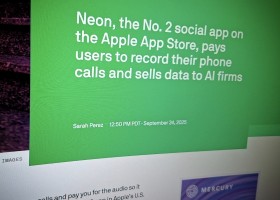
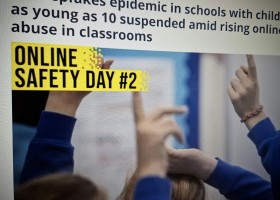
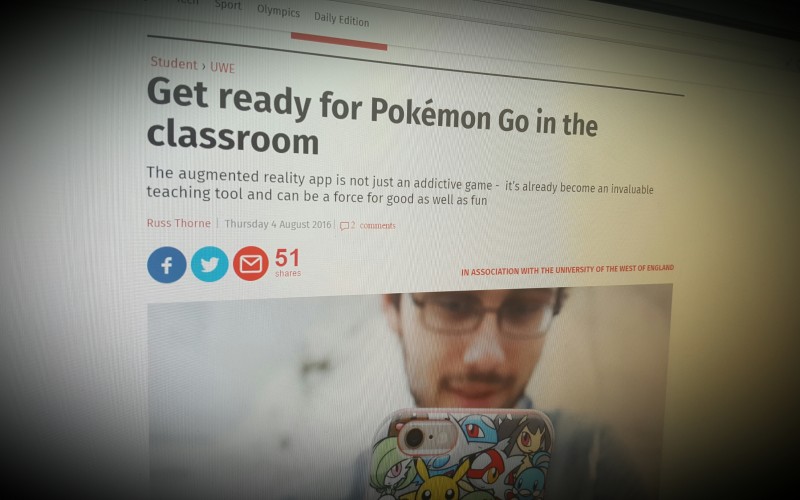
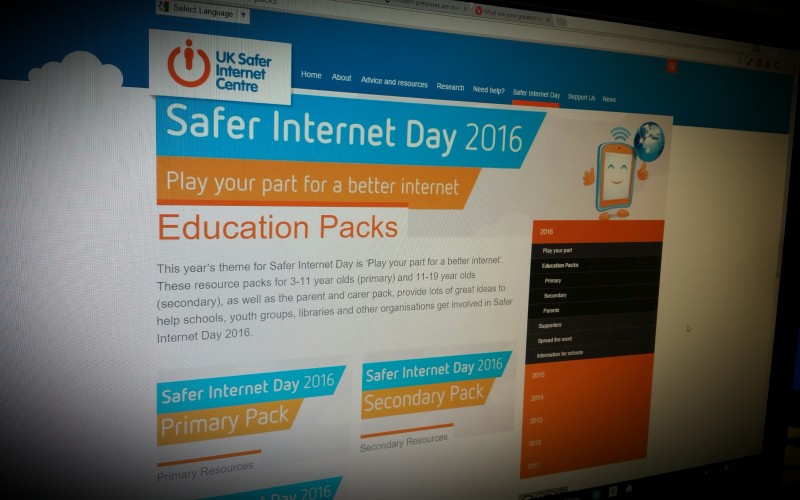
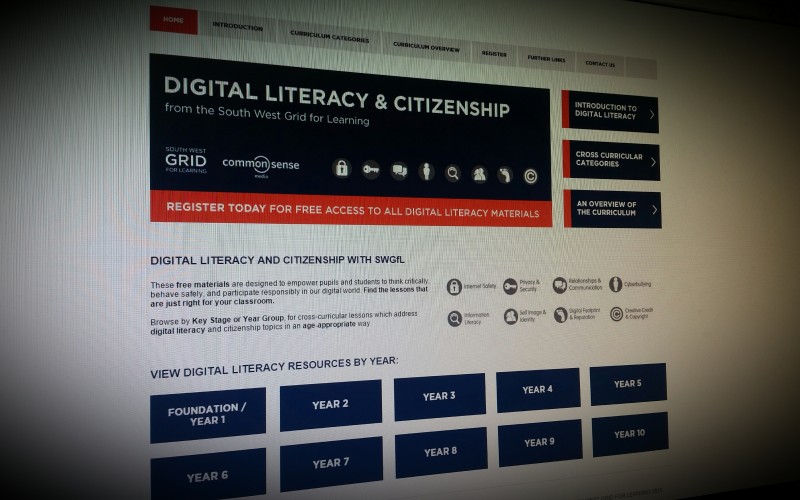
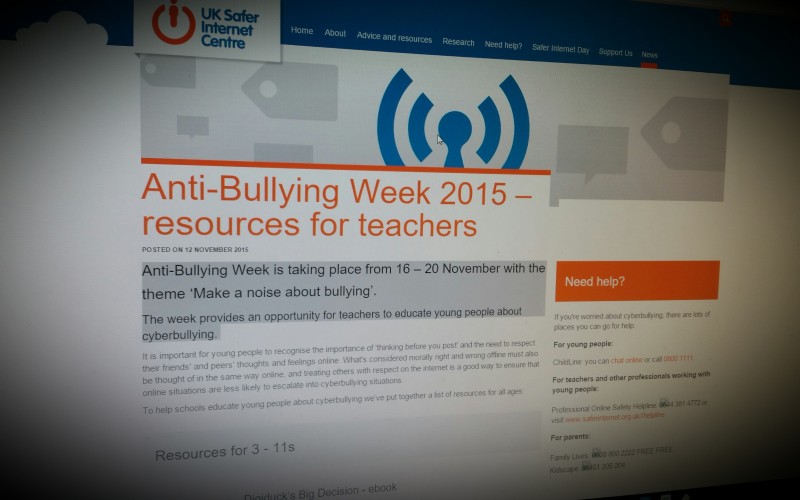
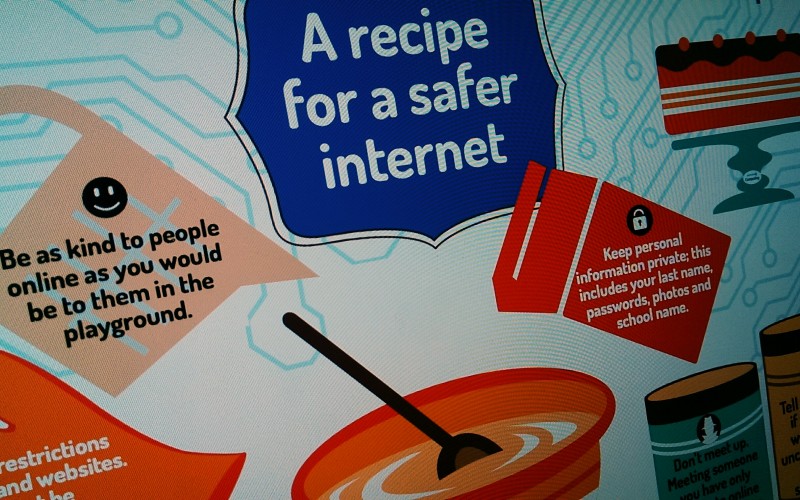
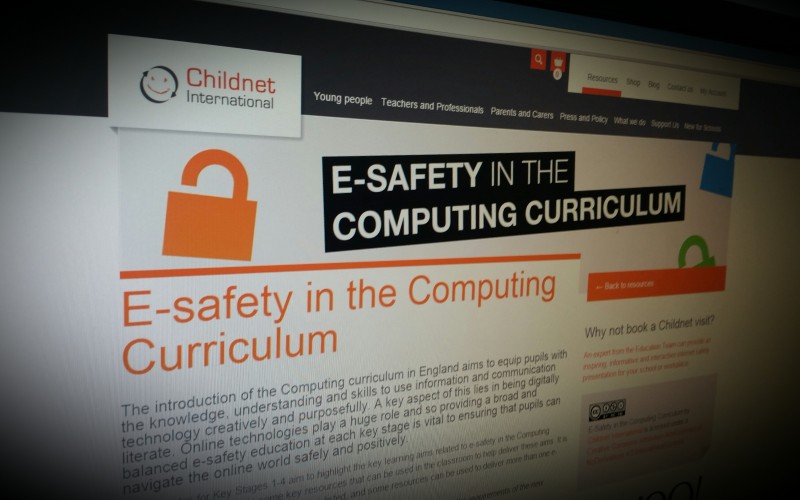
Comments
make a comment